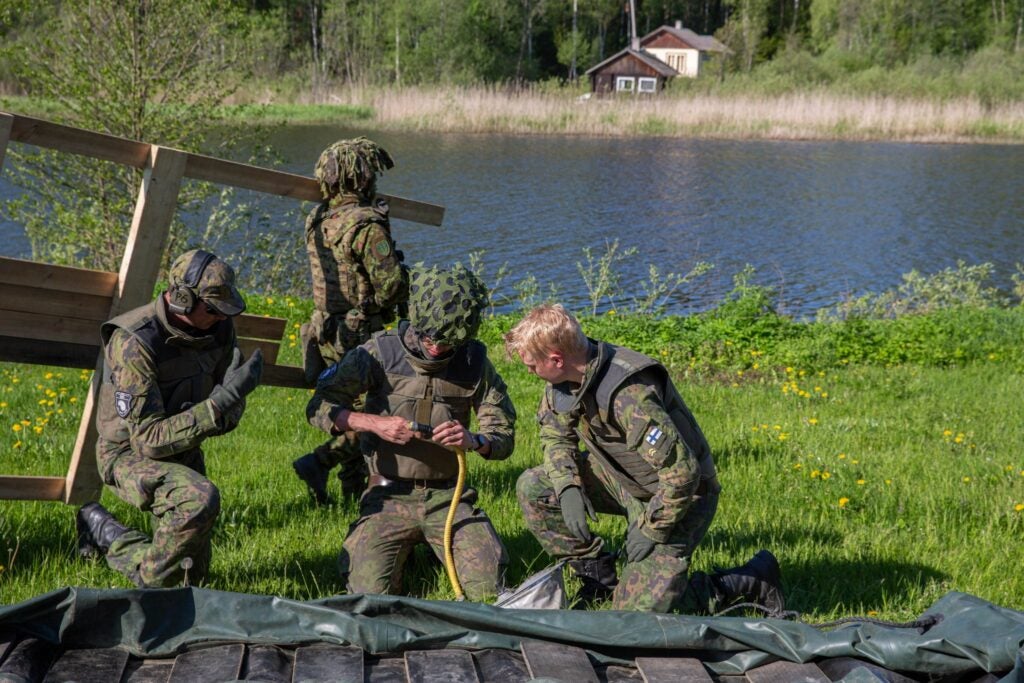Finland Completes NATO Membership Ratification Process
Finland’s accession to the North Atlantic Treaty Organization was ratified by all 30 current members of the alliance on Thursday, after Turkey’s parliament voted in favor of a bill to ratify Finnish accession that day. All 276 lawmakers present for the vote unanimously voted in favor of ratifying Finland’s NATO accession.
Turkish lawmakers were the last to vote in favor of ratifying Finnish NATO accession, with Hungary’s parliament having passed a bill ratifying the accession on Monday. The Turkish bill will now pass to President Recep Tayyip Erdogan for approval before it can be published in the Official Gazette.
In a statement released following the Turkish vote, Finnish Prime Minister Sanna Marin said:
“Finland’s application has now been ratified by all members and we will join NATO. Thank you to all countries for your support. As allies, we will give and receive security. We will defend each other. Finland stands with Sweden now and in the future and supports its application.”
Both Turkey and Hungary will have to deposit their documents approving Finnish accession with the United States government, in accordance with the North Atlantic Treaty. Finland completed its own ratification process on March 23, ahead of elections scheduled for April 2 and the corresponding electoral recess.
Once the Turkish and Hungarian documents are deposited, NATO Secretary General Jens Stoltenberg will formally invite Finland to join NATO. Helsinki’s membership of NATO will be formalized once the Finnish instrument of accession is deposited with the United States government.
While Finland had initially planned to join NATO alongside Sweden as part of a trilateral 2022 agreement with Turkey, Sweden’s ratification process has been stalled by the Turkish and Hungarian governments. Ankara has been the most vocal about slowing Swedish NATO accession, citing multiple disputes including the January burning of a Koran in Stockholm by far-right demonstrators, as well as street protests by pro-Kurdish activists Ankara alleges are linked to the Kurdistan Workers’ Party.

